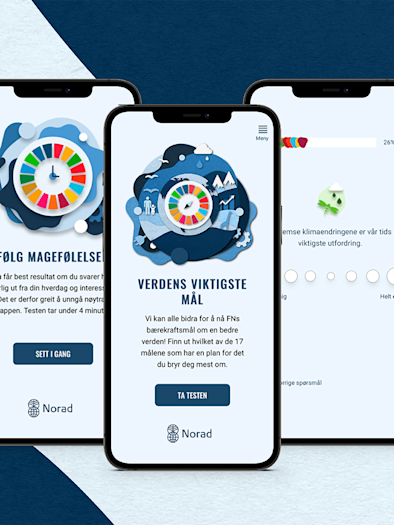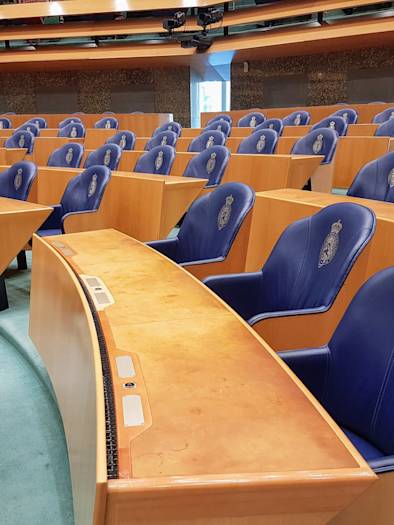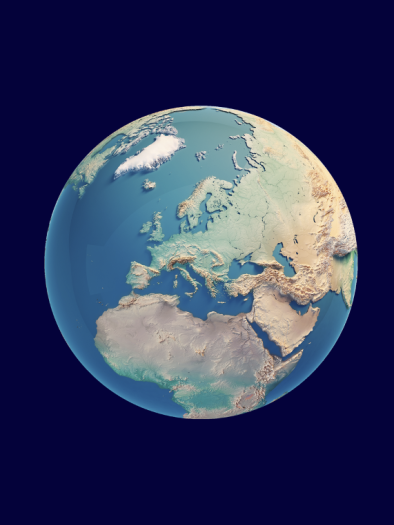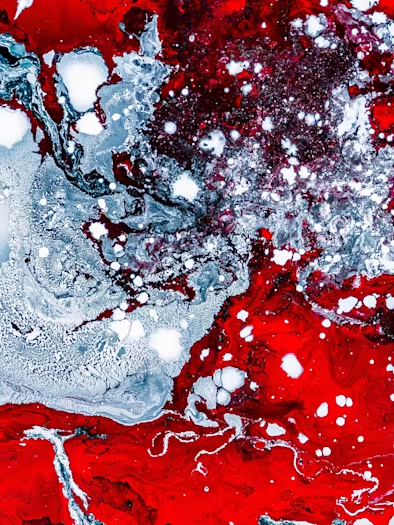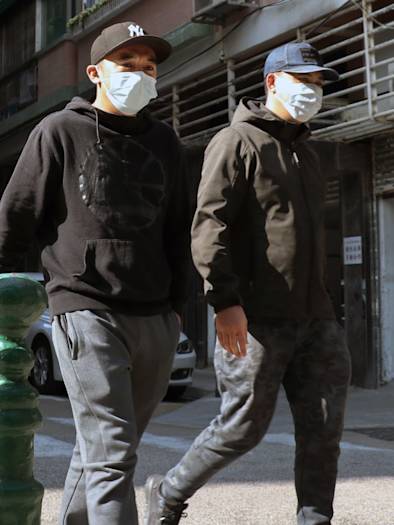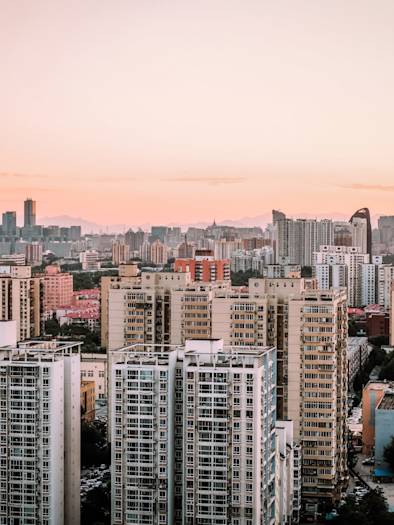
Turkey’s economic future: past the crossroads, but where to?
The Turkish economy is going through arguably its roughest patch since the 1999-2001 crises. Rampant inflation, the devaluation of the Turkish Lira, extremely high rates of unemployment, and stagnating growth clearly demonstrate a problematic economic state.
In the midst of this economic crisis, last month Turkey went to the polls in one of the most important elections of the year, coinciding with the country’s 100th anniversary. Unlike what followed the 1999-2001 turmoil, the current crisis did not lead to governmental change.
In the run-up to one of the world’s most anticipated elections of the year, it seemed very likely that President Recep Tayyip Erdoğan and his governing AK Party, who had been in power for 20 years, would be voted out of office. The economic slump, exacerbated by the deadly earthquakes in February 2023 and the heightened political tensions, both at national and international level, certainly called for change. Yet, Erdoğan and the People’s Alliance led by the AK Party won both the presidential and parliamentary elections, with margins that left little to no room for questioning his legitimacy.[i]
Political uncertainties are rapidly coming to an end, with President Erdoğan securing an unprecedented third term at the helm of the country and claiming, in his victory speech, that he will now focus on fixing the economy. To understand Turkey’s challenges today, it’s worth looking back at Erdoğan track record of the past two decades.
Looking back to see beyond
Under his tenure, politics greatly influenced his economic policies. In his first ten years and as prime minister, Erdoğan pursued Turkish accession to the EU and worked to improve the country’s relations with Western partners. At that time, the country implemented extensive reforms towards political and economic liberalisation and alignment with the EU. The Turkish economy generally saw high rates of growth and increasing foreign direct investment.[ii]
After 2013, however, Turkey’s liberal and secular democratic establishment started to erode, as Erdoğan favoured a more authoritarian approach. Following his election as president in 2014, the country faced massive political turmoil, particularly with a failed coup d’état in 2016 and a polarising referendum for the constitutional change of its presidential system in 2017.
Economically, Erdoğan pushed for unorthodox policies, notably pushing the central bank to decrease interest rates in order to reduce inflation. Internal policy changes were accompanied by a political shift in foreign policy, too – moving away from the EU and the US towards African countries, the Middle East, and Russia.[iii]
The effects of these drastic political and economic changes were intensified by unforeseen crises such as the COVID-19 pandemic, Russia’s illegal invasion of Ukraine, and the earthquakes in central Turkey.
Assessing the present: Restoring global ties
Considering the original premise of Erdoğan’s politics and their influence on the Turkish economy, we can expect that he will aim to revitalise the economic sector and partially reverse the freefall of the Turkish Lira. This recovery effort will undoubtedly include attempts to transition the Turkish economy from being carbon-intensive to a green and sustainable one.
Despite its economic woes, Turkey needs to make this transition. Although the country has veered away from the West in the last 10 years, the bloc still constitutes its largest trade partner. In 2022, 26% of Turkey’s goods imports came from the EU, and 41% of the country’s goods exports went to the EU. The current total amount of import-export between the EU and Turkey is almost €200 billion.[iv] EU policies like the European Green Deal, the Carbon Border Adjustment Mechanism (EU CBAM), and the EU-US Transatlantic Initiative on Sustainable Trade clearly show where Europe is headed. If Turkey does not manage to keep pace with these changes, its trade volume could be drastically impacted, which will in turn worsen the already unstable domestic economy. The country cannot risk losing such close ties.
Turkey also needs to restore political relations outside of its borders. After the Gezi Park protests of 2013, the country experienced troubled relations with its global partners. With the economy in a difficult condition, analysts predict changes in Erdoğan’s harsh stance towards the EU and the US.[v] [vi]
The position of Turkey in the West is often questioned. The country is undoubtedly an important member of NATO and an EU membership candidate – however, President Erdoğan has not refrained from acting against them
This pragmatic approach has drawn a lot of criticism, especially after Russia’s illegal invasion of Ukraine. In an attempt to preserve his country’s relations with Russia, Erdoğan negotiated the purchase of new fighter jets from the US, forced Finland and Sweden to extradite insurgents against Turkey, and vetoed the quick accession of Finland and Sweden to NATO.[vii] At the same time, he worked with United Nations Secretary-General Antonio Guterres to mediate an agreement between Ukraine and Russia in order to safely transport Ukrainian grain from the Black Sea. Turkey also supplied Ukraine with unmanned combat drones and provided other forms of support.[viii] This dual approach perfectly showcases Erdoğan’s international pragmatism.
Predicting the future
In his next five-year mandate, Erdoğan is largely expected to maintain his often criticized domestic policies while bringing about considerable change to the economic programme. Even though the slump of Turkish Lira continues and inflation sits close to 50%, he shows few signs of return to orthodox economic policies.
Still, it is well known that President Erdoğan is very open to change course if he believes that the current situation is harmful for his political standing. He appointed Mehmet Şimşek, an internationally well-connected former economy minister, back to the cabinet. Şimşek is known for his conventional and austere approach, and his appointment has already sent a positive signal to international markets and investors. In one of his first speeches as minister, Şimşek declared that “Turkey has no choice but to return to rational ground in its economic policies.”[ix] While this does not guarantee that he will be able to counterbalance Erdoğan’s political weight, his appointment does indicate change.
Şimşek’s return may also signal a return to closer alignment with the EU, especially as Turkey faces increasing challenges in its trade ties with the bloc. The country is currently working to implement the country’s 2021 Green Deal Action Plan and the recommendations of the 2022 Climate Council. The plans lay out the guidelines for a green transition and set a 2053 net zero emissions target for the country. These initiatives, however, appear to have significant shortcomings, and the country’s climate action plan as a whole has been deemed insufficient at worst, and unattainable at best.
With Erdoğan winning a third term, Turkey today stands at an important crossroads. If his new team manages to challenge the current state of affairs, this could revitalise Turkey’s economy and confidently lead the country towards a green transition. If, however, a status quo persists with pressure from the president, Turkey will have missed a golden opportunity.
[i] https://www.reuters.com/world/middle-east/who-won-turkeys-2023-elections-final-results-high-stakes-issue-2023-05-29/
[ii] https://www.bbc.com/news/world-europe-13746679
[iii] https://www.bbc.com/news/world-europe-13746679
[iv] https://policy.trade.ec.europa.eu/eu-trade-relationships-country-and-region/countries-and-regions/turkiye_en
[v] https://www.euronews.com/2023/05/28/what-erdogans-re-election-means-for-turkey-and-the-west
[vi] https://pro.politico.eu/news/164208
[vii] https://www.bbc.com/news/uk-politics-65743475
[viii] https://www.newyorker.com/magazine/2022/05/16/the-turkish-drone-that-changed-the-nature-of-warfare
[ix] https://www.politico.eu/article/turkey-finance-minister-mehmet-simsek-return-to-rational-economic-policy-inflation/


